Money, Happiness, and the Joy of Travel: An In-Depth Analysis
Exploring the intricate relationship between money, happiness, and travel offers a comprehensive understanding of how financial resources can enhance life experiences. Let’s expand each section with a focus on how travel fits into this dynamic.
1. Economic Growth and Happiness
The Basic Needs Argument
Firstly, it’s essential to acknowledge that money plays a critical role in fulfilling our basic needs – food, shelter, and healthcare. Studies have consistently shown that when individuals are unable to meet these fundamental requirements, their happiness and overall life satisfaction significantly decrease. In this context, money directly influences happiness by enabling a stable and secure lifestyle.
Diminishing Returns
The relationship between money and happiness is complex and not linear. Princeton University economists Daniel Kahneman and Angus Deaton have conducted research revealing that emotional well-being increases with income, but only up to a certain threshold. Their findings indicate that while a higher income may enhance overall life satisfaction, it has a limited effect on improving an individual’s daily mood and sense of well-being. This plateau in happiness typically occurs at an annual income of around $75,000, although this figure can vary based on the cost of living in different regions.
Relative Income
Another interesting aspect is the concept of relative income. A study by the University of Warwick found that people’s happiness is more significantly affected by how their income compares to others in their social circle rather than their absolute income. This phenomenon, known as “relative deprivation,” suggests that our financial contentment is often a comparison game.
Simulating Vacation: How to Create a Relaxing Getaway at Home
2. Wealth, Happiness, and Travel
While economic growth does enhance a country’s overall wealth, this increase doesn’t always correspond to a similar rise in its citizens’ happiness. Nonetheless, higher national income levels frequently open up more chances for leisure pursuits, including travel. Travel offers much more than just the chance to explore new cultures, landscapes, and activities, which significantly boosts overall happiness and life satisfaction (Nawijn, 2011). It also provides a valuable escape from daily stress and anxiety, presenting unique and enjoyable experiences that break the monotony of routine (Nicolau & Más, 2006). Furthermore, the personal accomplishment and growth derived from these travel experiences are essential for psychological well-being (Gilovich & Kumar, 2015).
Importantly, social comparisons related to travel can also impact happiness. When individuals see their peers embarking on exotic vacations or luxurious trips, it can lead to feelings of envy or inadequacy. Conversely, sharing travel experiences can enhance social bonds and provide a source of pride and joy, positively influencing happiness (Urry, 2002).
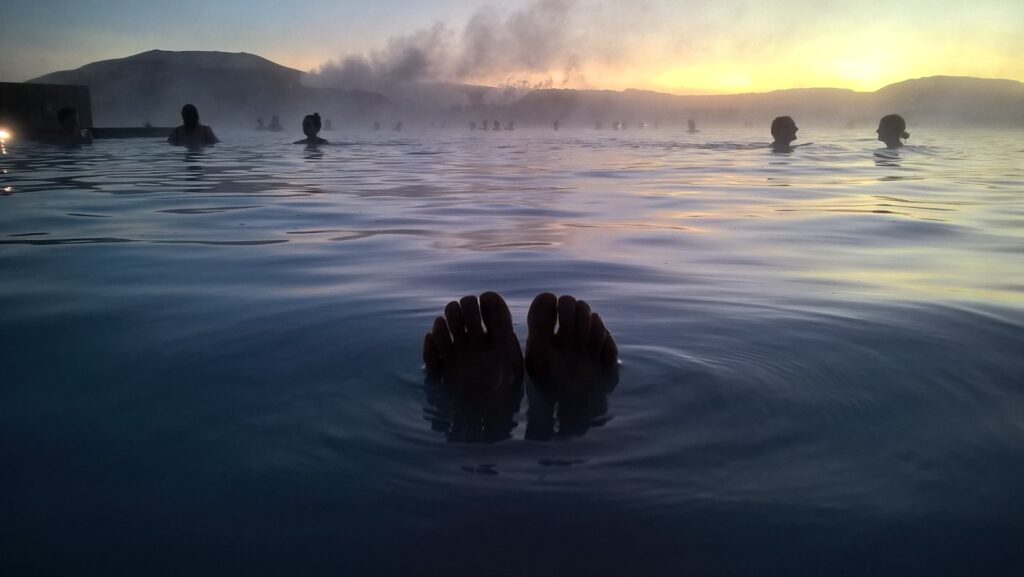
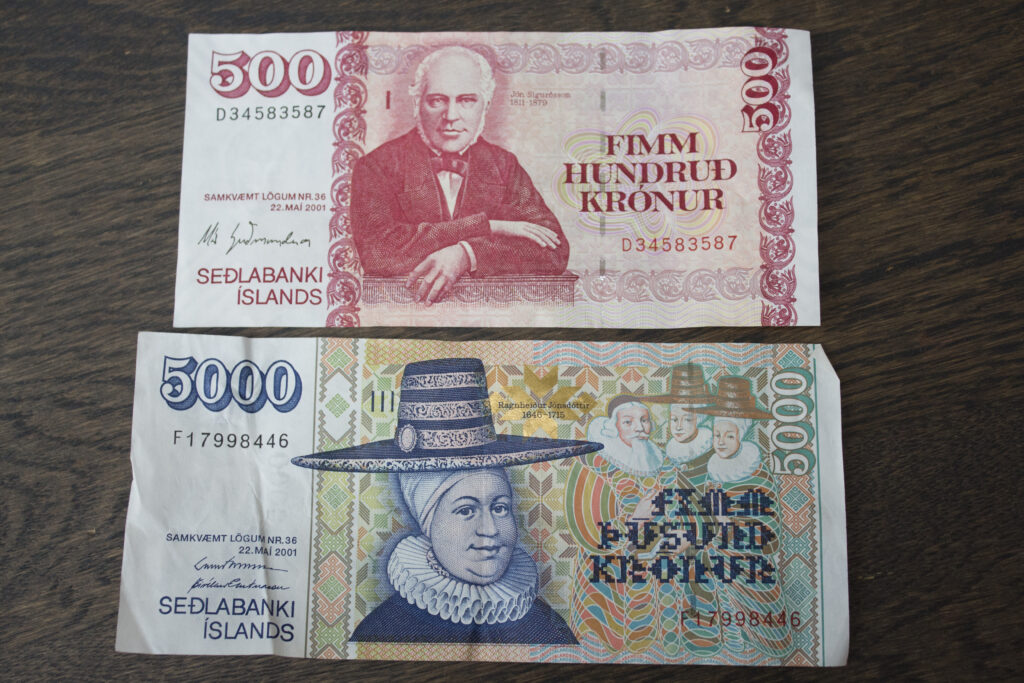
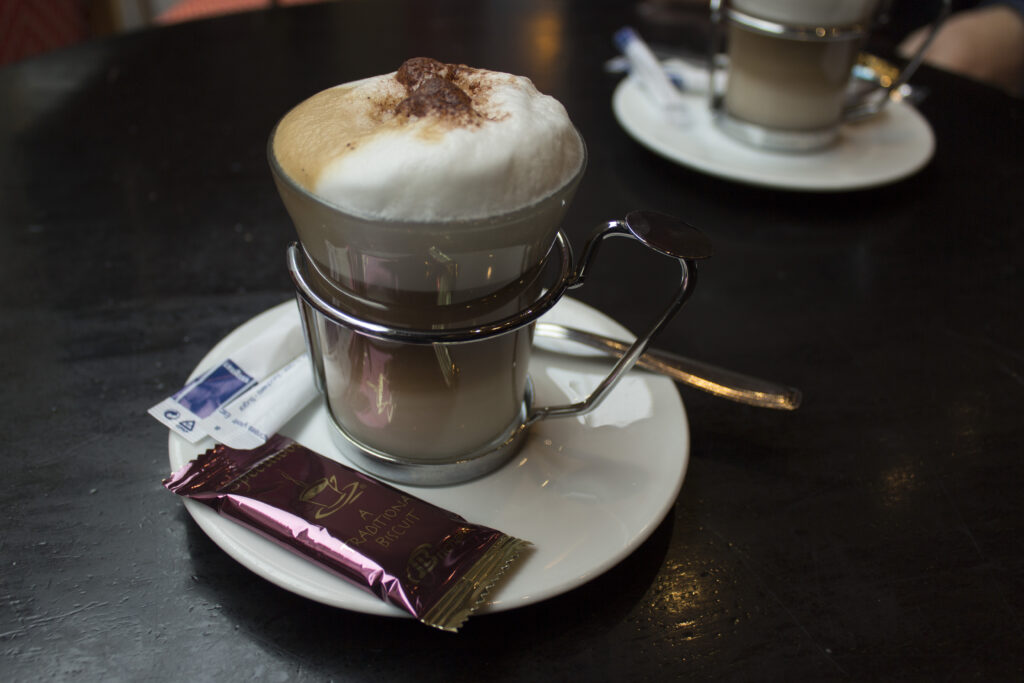
3. The Role of Experiences, Material Possessions, and Travel
The Way Money is Used
The impact of money on happiness also depends on how it is spent. Research led by Dr. Elizabeth Dunn at the University of British Columbia showed that spending money on experiences (like travel or learning new skills) rather than material goods leads to greater happiness. Additionally, altruistic spending can boost our emotional well-being. A study published in ‘Science’ found that individuals who give money to others or charity report higher happiness levels than those who spend it on themselves.
Investing in experiences, particularly in travel, tends to lead to greater long-term happiness than spending on material possessions. Travel experiences become part of our identity and create memories that last a lifetime, often outweighing the temporary joy brought by material goods. The anticipation of a trip, the experience itself, and the memories afterward all contribute to an individual’s happiness (Kumar, Killingsworth, & Gilovich, 2014).
Creating Memorable and Valuable Overseas Trips: An Intersection of Personal Factors and Experiences
Philanthropy during Travel
Engaging in philanthropic activities during travels, such as volunteering in local communities or supporting local businesses, can further enhance the happiness derived from travel. This form of responsible tourism not only benefits the destinations but also provides a deeper, more meaningful experience for the traveler, fostering a sense of global connection and purpose (Strzelecka, Boley, & Strzelecka, 2017).
4. Beyond Money: Other Pillars of Happiness
While financial stability plays a crucial role, it is not the only factor that determines happiness. Other essential elements include relationships, a sense of purpose, physical health, and personal freedom. These aspects are frequently emphasized in studies like the World Happiness Report as fundamental to overall happiness and life satisfaction (Helliwell, Layard & Sachs, 2019).
Additionally, cultural attitudes towards money and happiness differ significantly around the world. Some cultures place a greater focus on collective well-being and non-materialistic routes to achieving happiness. In contrast, others regard financial success as a more significant indicator of happiness. This variation underlines the multifaceted nature of how happiness is perceived and valued globally.
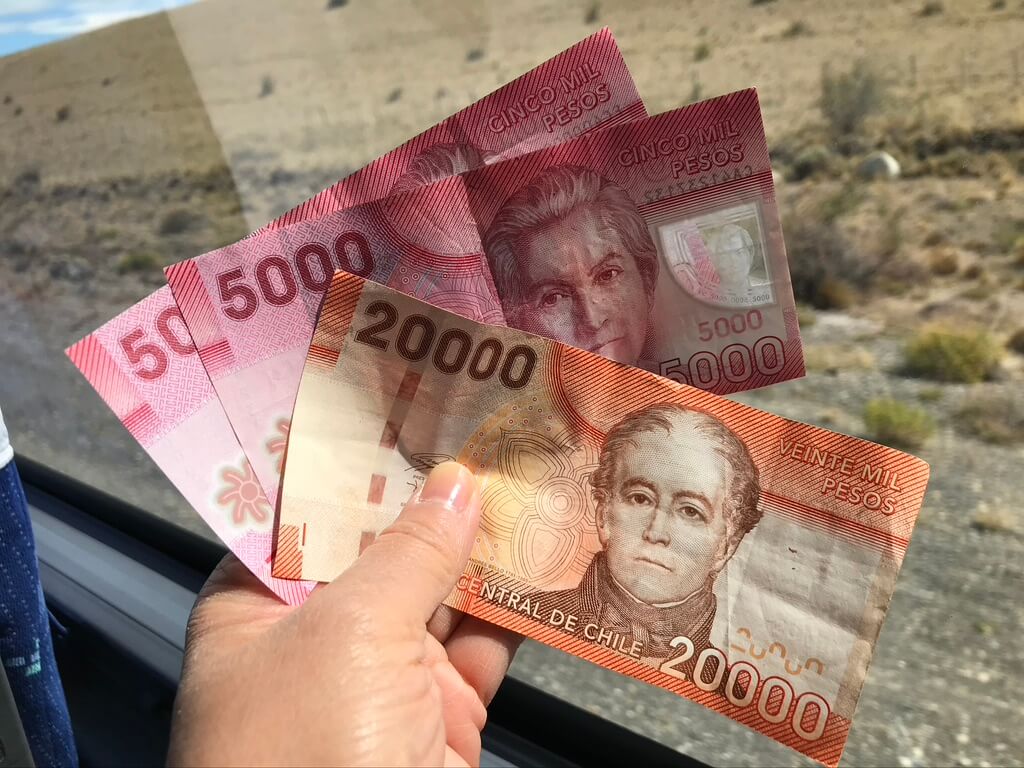
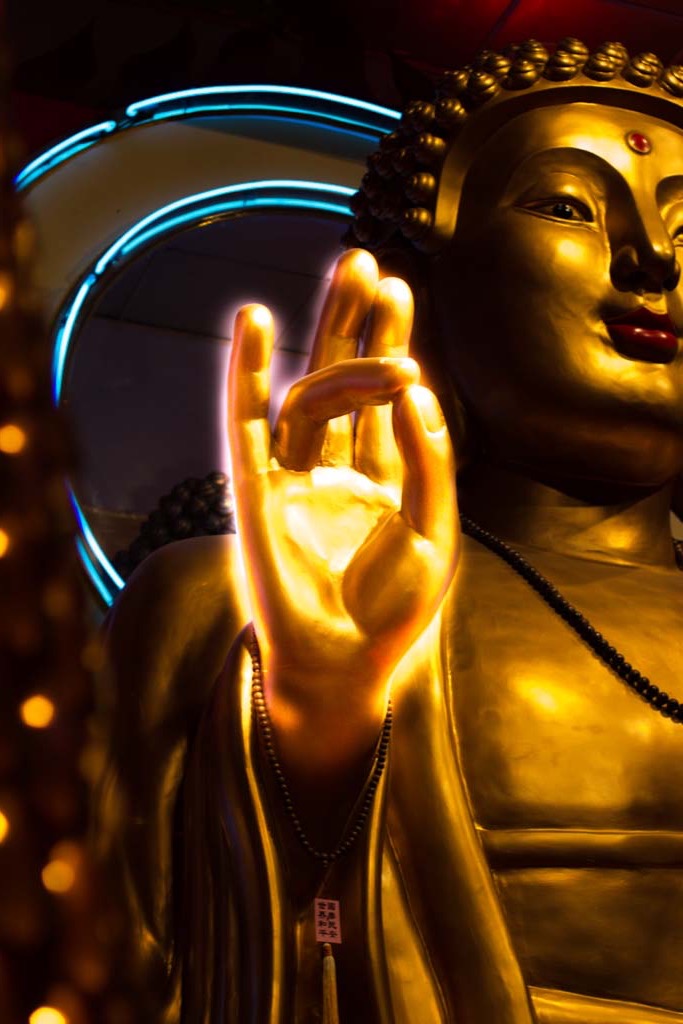
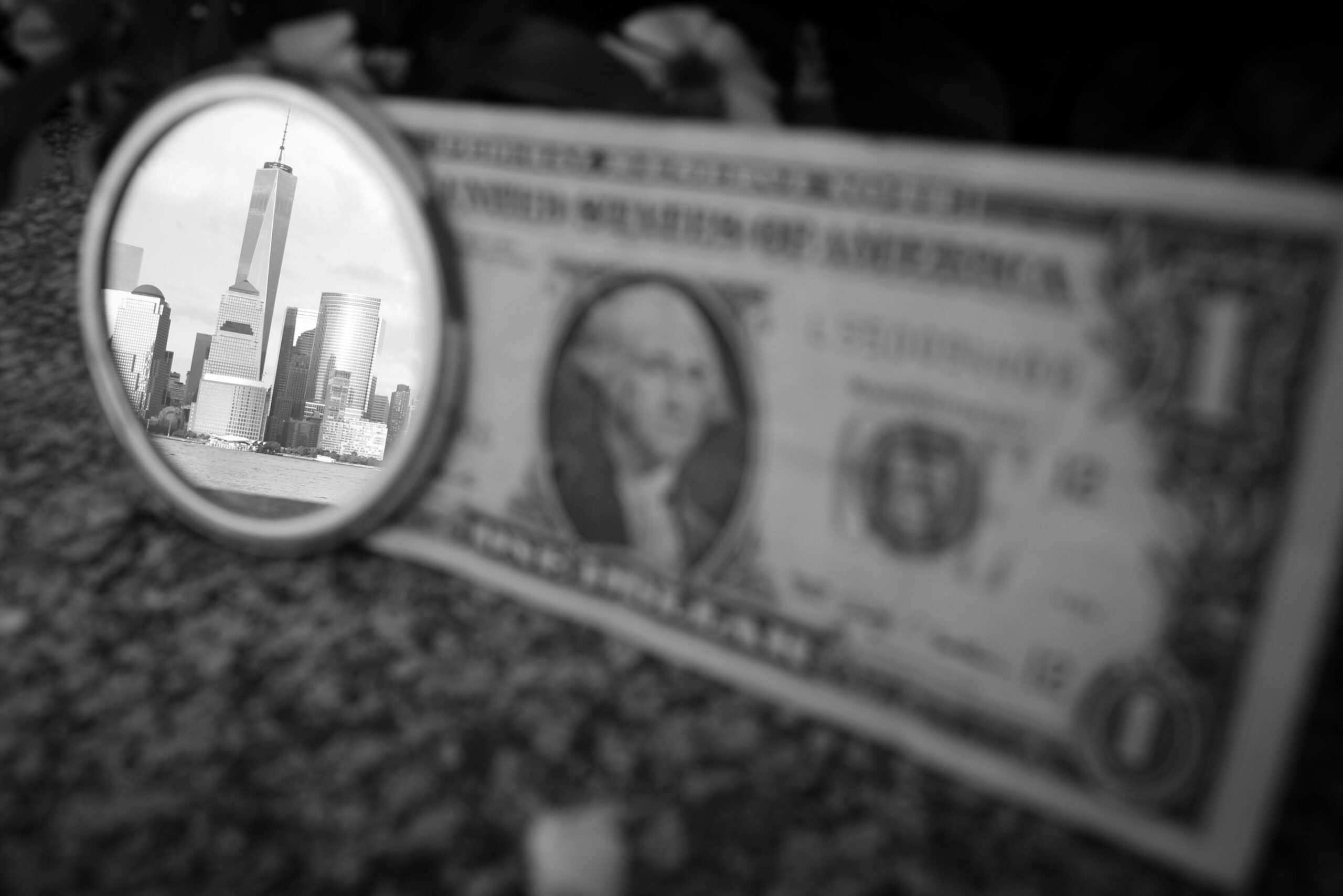
Conclusion
In summary, the relationship between money, happiness, and travel is multifaceted and significant. While financial stability is important for securing the means to travel, the experiences gained from traveling play a crucial role in enhancing life satisfaction and emotional well-being. Travel offers unique opportunities for growth, relaxation, and creating cherished memories, all of which are integral to a fulfilling and happy life. This expanded view underscores the importance of considering not just the financial aspects but also the emotional, social, and experiential components of how money can contribute to a richer, more joyful life.
Reference
Kahneman, D., & Deaton, A. (2010). High income improves evaluation of life but not emotional well-being. Proceedings of the National Academy of Sciences, 107(38), 16489-16493.
Nawijn, J. (2011). Happiness through vacationing: Just a temporary boost or long-term benefits?. Journal of Happiness Studies, 12(4), 651-665.
Gilovich, T., & Kumar, A. (2015). We’ll Always Have Paris: The Hedonic Payoff from Experiential and Material Investments. Advances in Experimental Social Psychology, 51, 147-187.
Urry, J. (2002). The Tourist Gaze 2.0. Sage Publications
Nicolau, J. L., & Más, F. J. (2006). The influence of distance and prices on the choice of tourist destinations: The moderating role of motivations. Tourism Management, 27(5), 982-996.
Kumar, A., Killingsworth, M. A., & Gilovich, T. (2014). Waiting for Merlot: Anticipatory consumption of experiential and material purchases. Psychological Science, 25(10), 1924-1931.
Strzelecka, M., Boley, B. B., & Strzelecka, C. (2017). Empowerment and resident support for tourism in rural Central and Eastern Europe (CEE): The case of Pomerania, Poland. Journal of Sustainable Tourism, 25(4), 554-572.
Helliwell, J., Layard, R., & Sachs, J. (2019). World Happiness Report 2019).
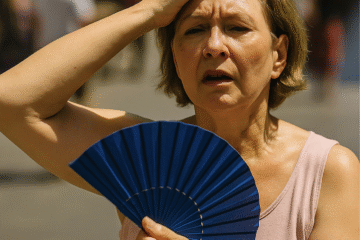
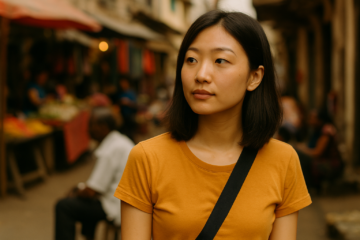


0 Comments